By clicking “Accept”, you agree to the storing of cookies on your device to enhance site navigation, analyze site usage, and assist in our marketing efforts. View our Privacy Policy for more information.
5 Ways to Prepare Your Brand for Resiliency
To say that the last couple of years have seen ups and downs for brands feels like a bit of an understatement. Regardless of the type of products you try to sell, the level of adaptation needed to battle market uncertainty since March 2020 has tested the survival instincts of even the best brands.
This isn’t likely to change anytime soon. An uncertain economy with record-breaking inflation is changing customer behavior, causing many to forgo purchases that are no longer deemed as “essential.” Against this backdrop, how can a brand be better prepared for an uncertain future?
By focusing on the following key factors, brands can be better prepared to be truly resilient, regardless of surrounding economic conditions.
Strong Unit Economics
Regardless of your actual sales numbers, a strong gross margin on each product sold makes your business capable of growing ad spend, adjusting expenses and weathering slowdowns. Most sellers often find that they’re underpricing their goods especially with rising input costs, volatile shipping costs and need to balance that with inflationary pressures on their AOV (Average Order Value).
For example, Loop, who sells digital picture frames, funded their initial inventory purchase order with customer pre-orders. Over time, pre-sales can lead to delays, higher COGs, and inability to capitalize on latent customer demand. With a low first order quantity, Loop sold out of stock quickly and needed to rapidly scale production. This meant their product provided great customer value, but their order minimums drove up their purchase price, leading to margin compression.
Who you pick as your manufacturing partners can significantly influence the direct costs of each item sold. But factors such as a factory’s location, the type of product manufacturing you use, choosing whether to white-label or custom manufacture components, and even your order quantities can have a big impact on the direct costs associated with each sale. So it’s important to find the balance between your product cost and how deep in the manufacturing process your team is.
Companies can partner with end-to-end manufacturing and inventory finance solutions like Manufactured to improve product margins and inventory reliability. For example, Loop’s partnership with Manufactured allowed them to secure additional inventory capital and buy a larger stock of inventory at a lower price, without sacrificing quality.
Contingencies for Supplier Disruptions
Supply chain disruptions have continued to be a major news story in 2022. Unsurprisingly, some locations and industries have been harder hit by these issues than others. If a business doesn’t have a backup plan in place, it could find itself without sufficient stock to fulfill customer orders for weeks or even months at a time.
Bindle Bottle is a perfect example of overcoming a supplier disruption. They were featured on Oprah’s Favorite Things list, which was great news until their manufacturing partner was unable to deliver critical inventory of their SWAMI sleeve in time for the official public release of the list. Bindle Bottle partnered with Manufactured to countersource their product from a different supplier and was able to receive the shipment in time for the release of Oprah’s list.
Although some contingency plans can result in better pricing, faster shipping, and higher quality, some plans may not always be “ideal” — they may result in slightly lower margins or lengthier order fulfillment. But such preparation can make all the difference when a supplier disruption would otherwise leave you unable to make any sales whatsoever.
Supply Chain and Shipping Flexibility
Supply chain flexibility is key to successfully navigating an ever-changing marketplace. Businesses not only need access to capital with flexible financing terms; they also need a variety of shipping methods to account for needed changes to their expenses or delivery timelines.
The ability to ship products via air, sea or express will naturally have a major influence on delivery lead times. A business that is planning well in advance for its holiday shopping season may be able to allocate more time for shipping by sea.
On the other hand, supply chain disruptions or the need to make a product available to customers sooner will require a faster shipping method. The right supply chain partners ensure you’ll have access to the shipping option you need to get your products at the time you need them.
Reinvest Capital into Customer Acquisition
Cashflow issues can also make it difficult for a business to fulfill product demand. Having more capital allows you to reinvest your funds into customer acquisition activities, ensuring that product launches will have the marketing power to make a strong impression on customers. Of course, cashflow limitations can make it challenging for businesses to manage both the supply chain and customer acquisition efforts at the same time.
Manufactured can help here, too, with extended payment terms and inventory financing for manufacturing projects. The ability to advance funds on inventory production ensures you’re buying enough inventory for your customer demand, so you’re not missing out on potential sales due to backorders.
Instead of waiting 8 – 10 months negotiating and finalizing your vendor and goods, you could already be on your second cycle of product inventory while continuing to reinvest in your brand expansion.
Building a Base of Repeat Customers
Resilient businesses don’t rely on a single product to achieve their sales. Building a base of repeat customers requires the right product mix. It’s why an outdoors brand might focus on beach towels and swim gear during the summer, and winter coats and gloves during the winter. Even brands that once sold a relatively narrow range of products have expanded their lineup to find more ways to engage with their target audience.
Bindle Bottle is a great example of this plan in action. After fulfilling the demand from Oprah's Favorite Things list, they needed to expand their product selection. Manufactured was able to help design and produce a new Cooler Backpack to introduce into their product mix.
A diverse lineup keeps customers coming back for more — and helps offset potential declines in revenue when a key product falls out of favor. The right vendor network can help you achieve this for your own business.
Whether this involves expanding to different product categories or simply diversifying the products you offer within your current niche, this can give your existing customers a more compelling reason to buy from you again. The right partners can even help you quickly get to market with your inventory so you can steadily roll out new products.
Face the Future with Confidence
There is no guarantee of what the future might bring for your brand — or even your market niche as a whole. E-commerce sales surged during the height of the COVID-19 pandemic. But many of the categories that were in high demand at that time are no longer such high priorities for consumers. However, market changes or world events could shift consumer behavior yet again.
While you can’t predict the future, you can be prepared by using the right manufacturing partners. With strong margins, flexible shipping, inventory financing, and built-in contingency plans, organizations like Manufactured leave you better-equipped to face whatever the future might hold.
As you develop a strong product mix with quality manufacturing partners, you’ll be able to build a strong base of repeat customers who stick with you through hot and cold seasons.
Posted on
September 26, 2022
Interested in collaborating on a project?
Get StartedLatest Updates
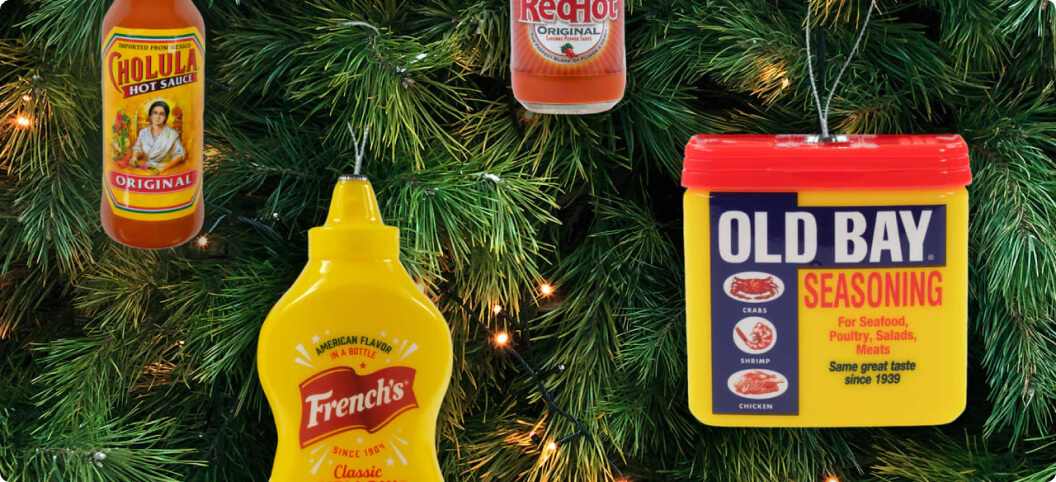
Bringing a Cohesive Holiday Experience to the McCormick Shop
News

Anthony’s Goods Grows Revenue 22% With New Site and Media Strategy by Barrel and WITHIN
News
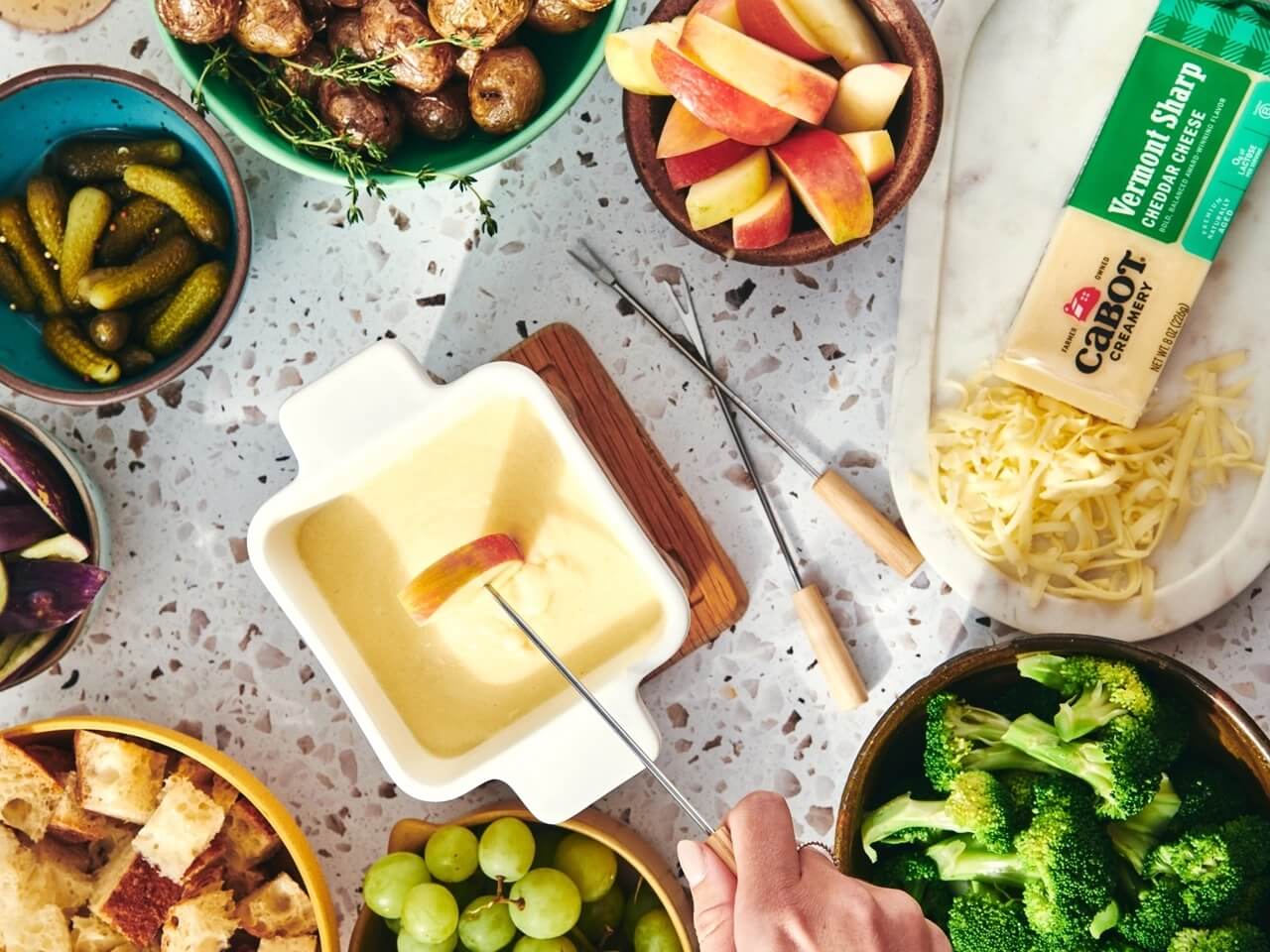
Inspiring Mealtime Creativity With Cabot’s New Recipe Experience
News
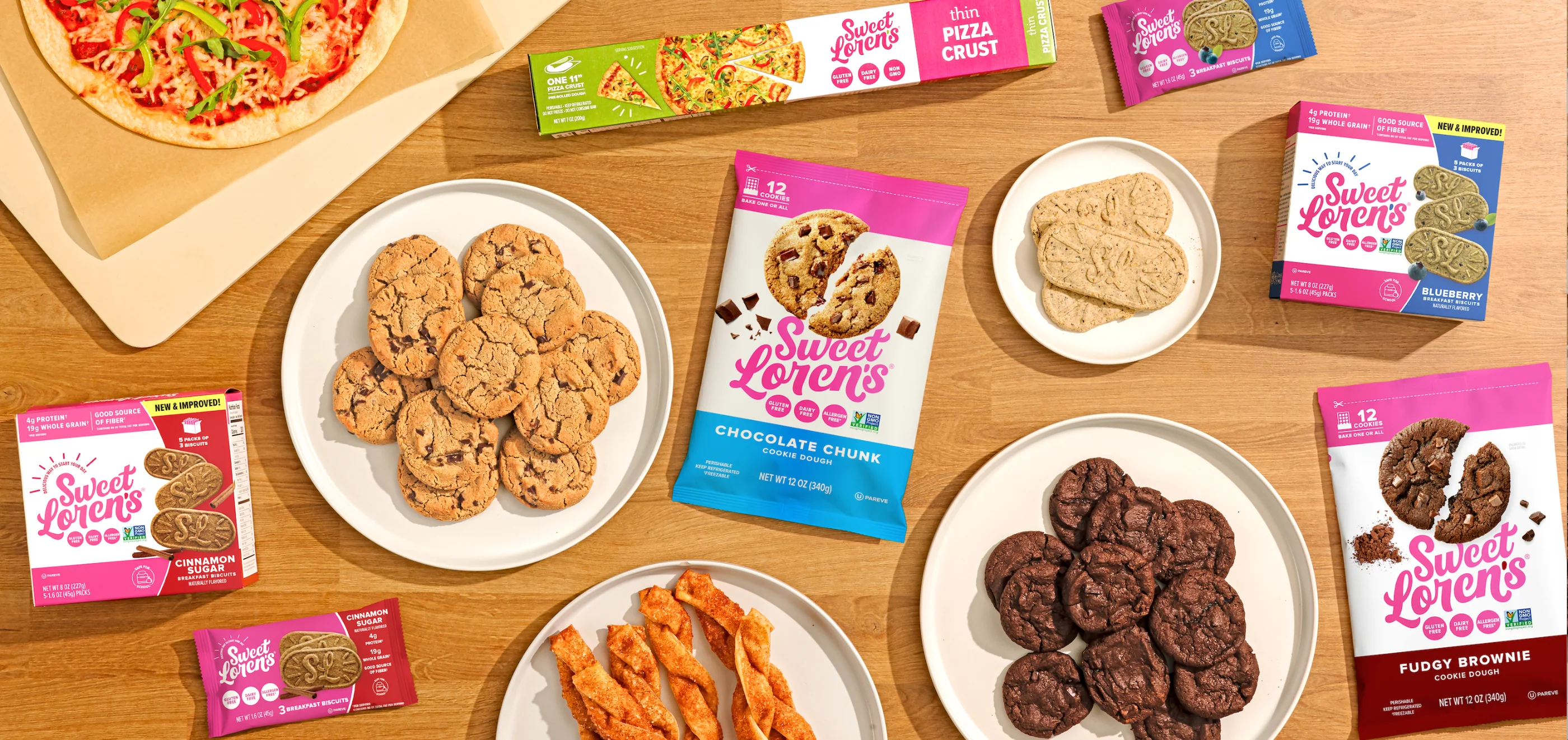
Bringing Sweet Loren’s Joyful Rebel Brand to Life Online
News

GEO: The Next Frontier for CPG Brands in the Age of AI Search
Insights
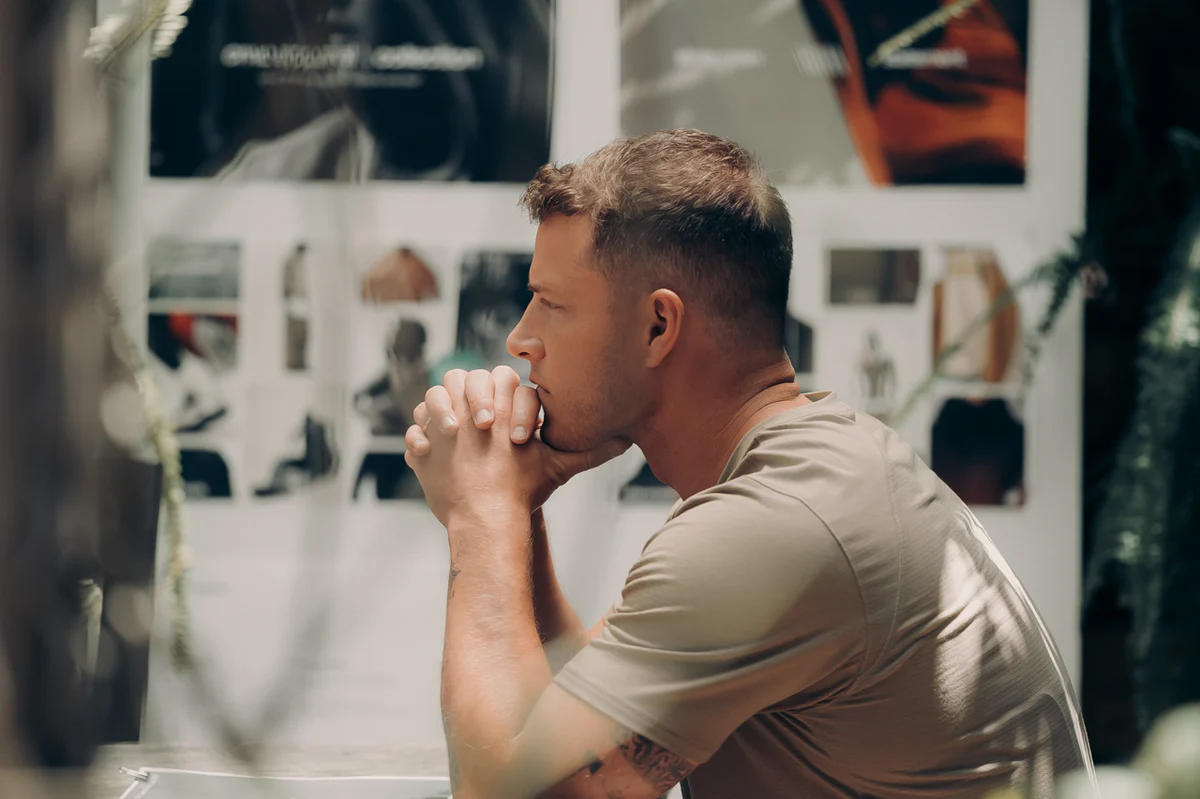
Fueling while on earth's Growth with Christian McCaffrey On Board
News
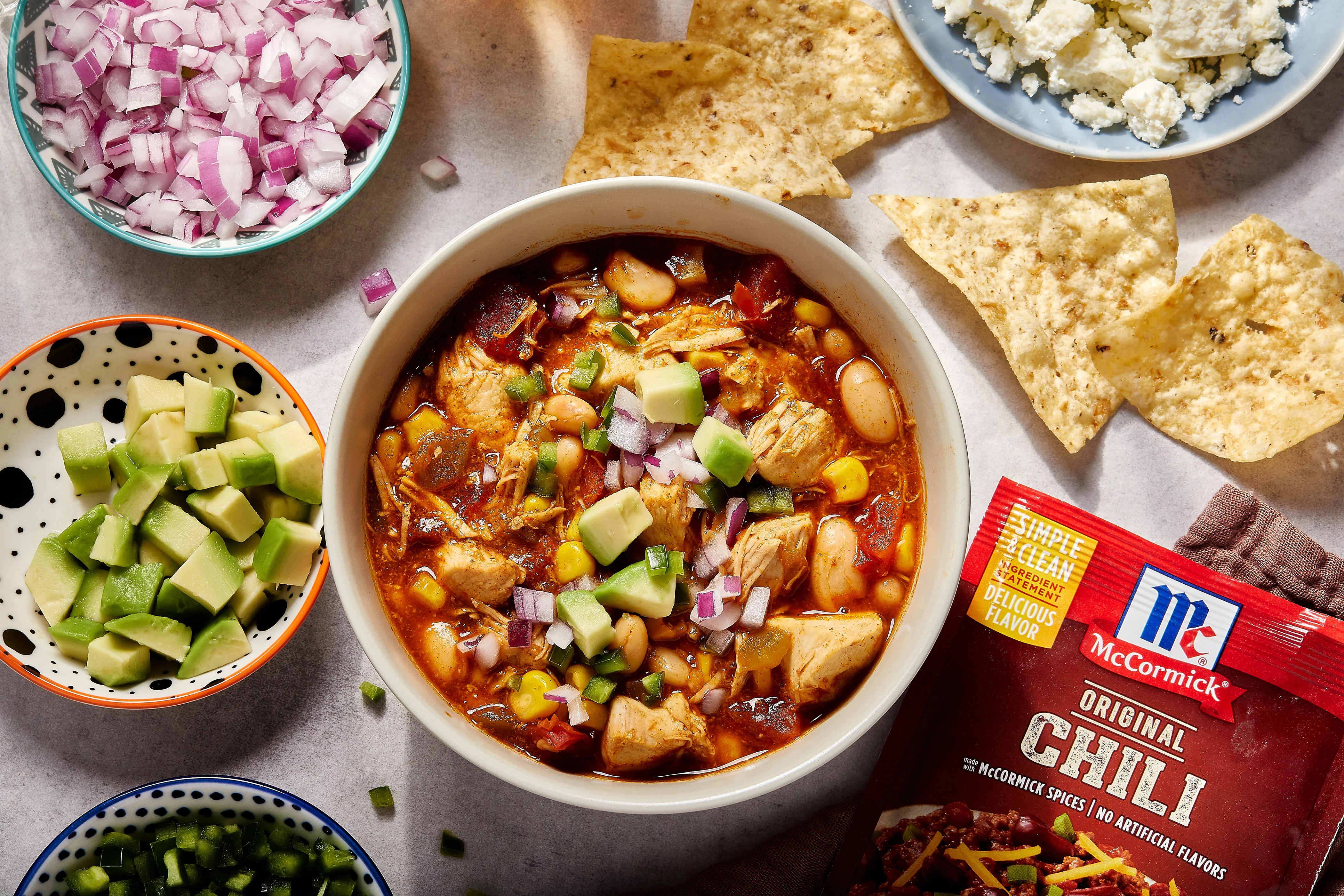
How We Leveraged User Testing to Redesign McCormick’s Recipe Experience
News

Khloud Expands Its Product Line With Single-Serve Popcorn Packs
News

.jpeg)
